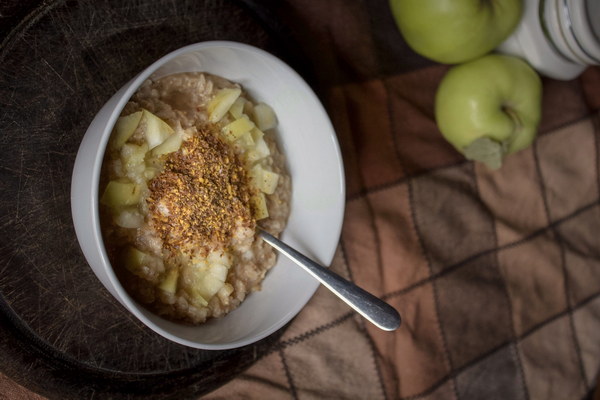The Role of Herbs and Traditional Medicine in Weight Loss A Comprehensive Guide
In recent years, the concept of weight loss has become increasingly popular, with a plethora of methods and diets being advertised. One such approach that has garnered attention is the use of herbs and traditional medicine. This article delves into the world of herbal weight loss, exploring whether or not incorporating these natural remedies can aid in shedding those extra pounds.
Herbal weight loss is based on the premise that certain herbs and natural substances can enhance metabolism, suppress appetite, and promote fat burning. Advocates of this method argue that these natural remedies are safer and more sustainable than synthetic weight loss medications. However, it is essential to examine the evidence supporting these claims before deciding whether or not to incorporate herbal weight loss into one's routine.
Firstly, let's address the most common herbs and traditional medicines used for weight loss:
1. Green Tea: Green tea is rich in antioxidants and contains a compound called epigallocatechin gallate (EGCG), which has been shown to boost metabolism and increase fat oxidation.
2. Garcinia Cambogia: This tropical fruit extract contains hydroxycitric acid (HCA), which may help reduce appetite and fat storage.
3. Forskolin: Derived from the Indian Coleus plant, forskolin has been shown to increase cyclic AMP levels in the body, which may lead to increased fat breakdown.

4. Gymnema Sylvestre: This herb is believed to aid in weight loss by reducing sugar cravings and improving blood sugar control.
While these herbs and traditional medicines have been studied for their weight loss benefits, it is important to note that the evidence is not conclusive. Many studies have yielded mixed results, and some have even suggested that these natural remedies may not provide significant weight loss benefits.
Moreover, it is crucial to consider the following factors when evaluating the effectiveness of herbal weight loss:
1. Individual Differences: The response to herbal weight loss varies from person to person. Factors such as age, metabolism, and genetic predisposition can influence the outcome.
2. Dosing and Quality: The effectiveness of herbal weight loss may depend on the dosage and quality of the herbs used. It is essential to choose high-quality supplements and consult with a healthcare professional before starting any new regimen.
3. Lifestyle and Diet: Incorporating herbal weight loss into an overall healthy lifestyle, including a balanced diet and regular exercise, is crucial for successful weight loss.
In conclusion, while the use of herbs and traditional medicine for weight loss may offer some benefits, the evidence is not entirely conclusive. It is essential to approach herbal weight loss with caution, seeking professional advice and ensuring that any supplement regimen is combined with a healthy lifestyle.
In summary, the question of whether or not herbal weight loss is effective remains a topic of debate. While certain herbs and traditional medicines may offer some assistance in weight loss, it is crucial to approach this method with a critical mindset and incorporate it into an overall healthy lifestyle. Always consult with a healthcare professional before starting any new weight loss regimen to ensure safety and efficacy.









